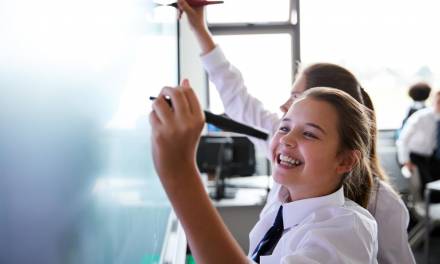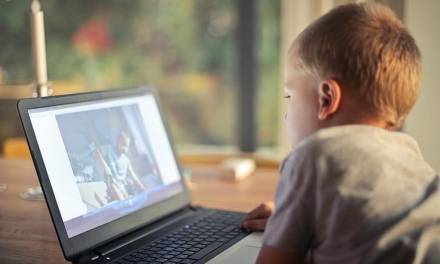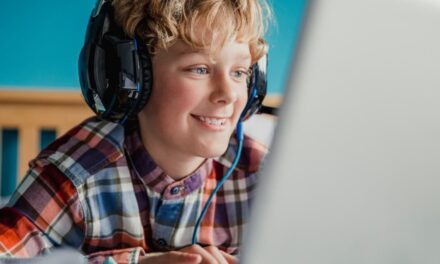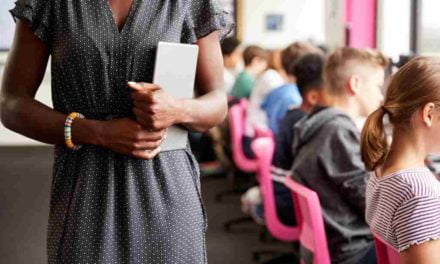School closures severely impacted most children with their learning, Ofsted has revealed.
The report findings showed that some children have gone significantly back with their social skills, while others have lost their “stamina” for reading.
Schools were closed to most students in March. This blog post explains.
The impact of school closures caused by the pandemic
Ofsted examined the impact of the Covid-19 pandemic on children, based on visits to 900 schools and early year providers.
It drew the following conclusions:
- The “hardest-hit” group of young children have suffered from time out of school, going backwards on words and numbers and with “regression back into nappies among potty-trained children” or losing “basic skills” such as using a knife and fork.
- The majority of children in the middle “have slipped back in their learning to varying degrees since schools were closed to most children and movement restricted” and the report says: “Lost learning is unarguable, but it is hard to assess.”
- There are also children who found the lockdown a positive experience – these children, from supportive but not necessarily well off backgrounds, might have benefited from a greater sense of togetherness with parents and “quality time” as a family.
Among older children, Ofsted warns of a loss of concentration among those returning to school and that “online squabbles” that started on social media during the lockdown are now “being played out in the classroom”.
There are also reports of a loss of physical fitness, while other pupils are showing “signs of mental distress”, with concerns over eating disorders and self-harm.
Some students have not returned to school and a third of schools have seen “an increase in children being removed from school to be educated at home”.
Headteachers union: “report shows educational and emotional impact of school closures”
Geoff Barton, leader of the ASCL head teachers’ union, said the report “starkly shows the educational and emotional impact of school closures, and why we need to do everything possible to keep schools open”.
Currently schools are “firefighting” problems associated with the challenge of operating bubbles and responding to Covid-19 outbreaks.
It is becoming increasingly financially unstable for schools to deal with the costs of the pandemic, according to Barton, due to “the cost of safety measures and the need to pay for supply staff when tachers had to self-isolate”.
The Department for Education said:
The Government has been clear that getting all pupils and students back into full-time education is a national priority.
How EDClass can help with student catch up
EDClass has a range of support to help students’ catch up following the event of school closures.
The online platform has access to 11,00+ lessons, live and recorded teaching, access to learning resources, tasks and assessments. The platform has a proven track record of re-engaging students in education.
It provides access to a high quality virtual classroom ensuring education can continue even when bubbles are forced to isolate or the school building is closed.
Benefit from a skills gap analysis which identifies students’ strengths and weaknesses. A tailored learning pathway means lessons can be set to students’ individual needs.
A range of safeguarding features are available including eyes-on learning, alert mechanisms, questionnaires and chat functions.
Click here for a demonstration.
For more information call 01909 568 338.








